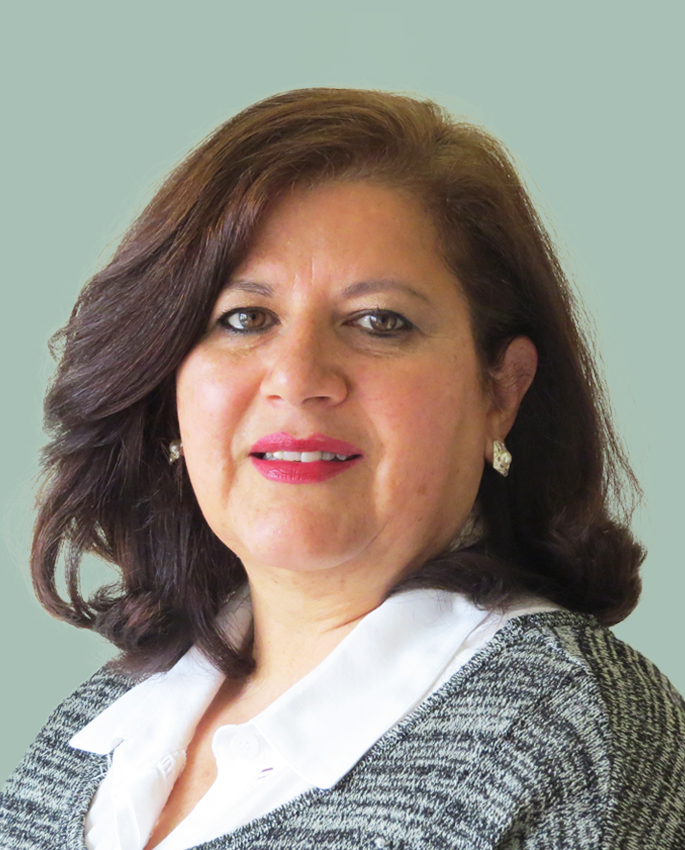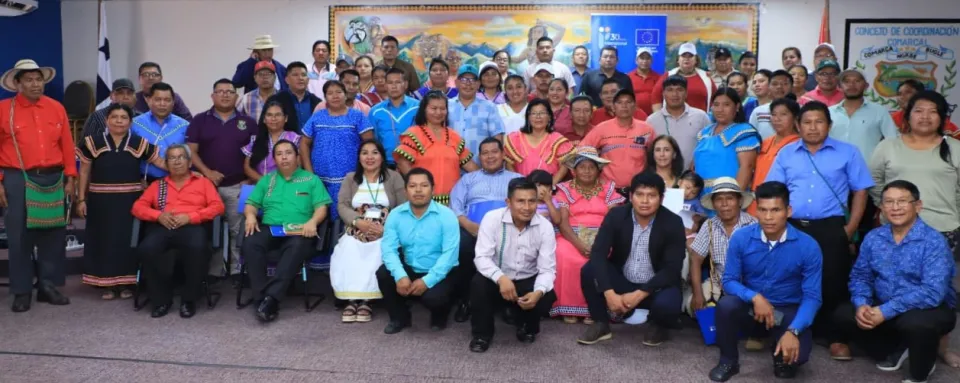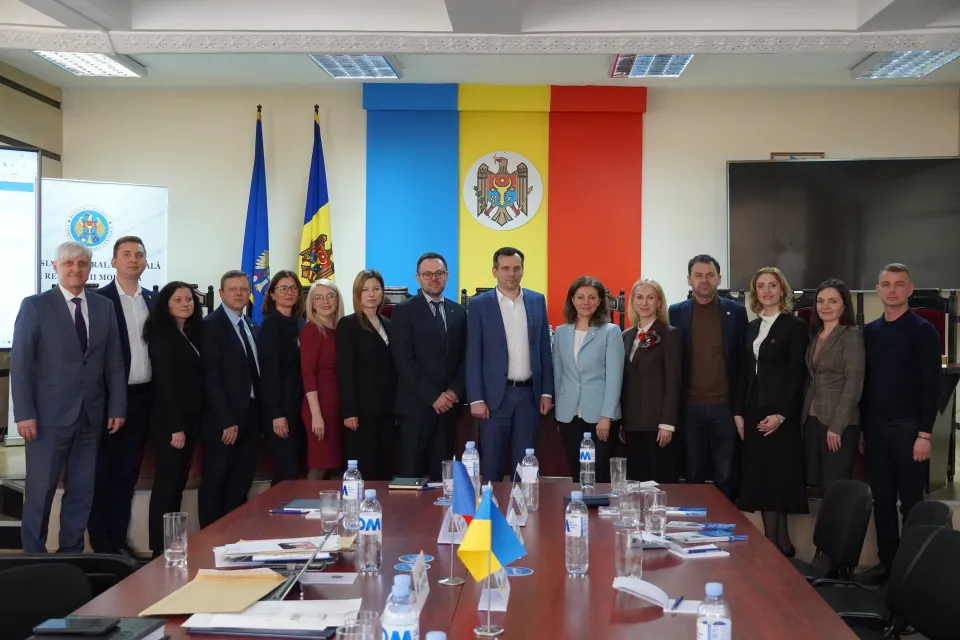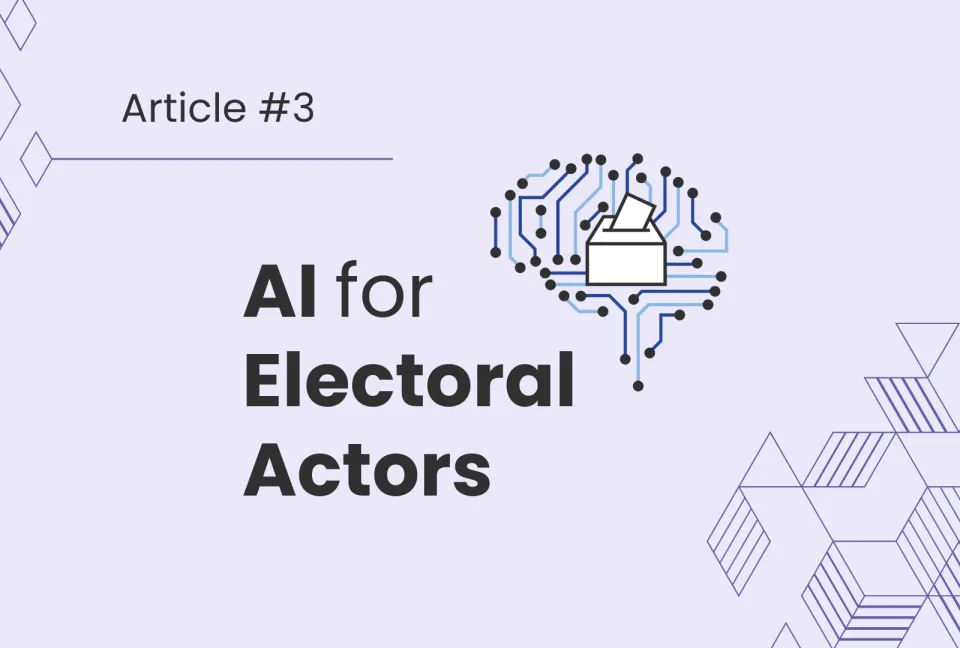International IDEA strengthens the role of civil society organizations in electoral citizen oversight
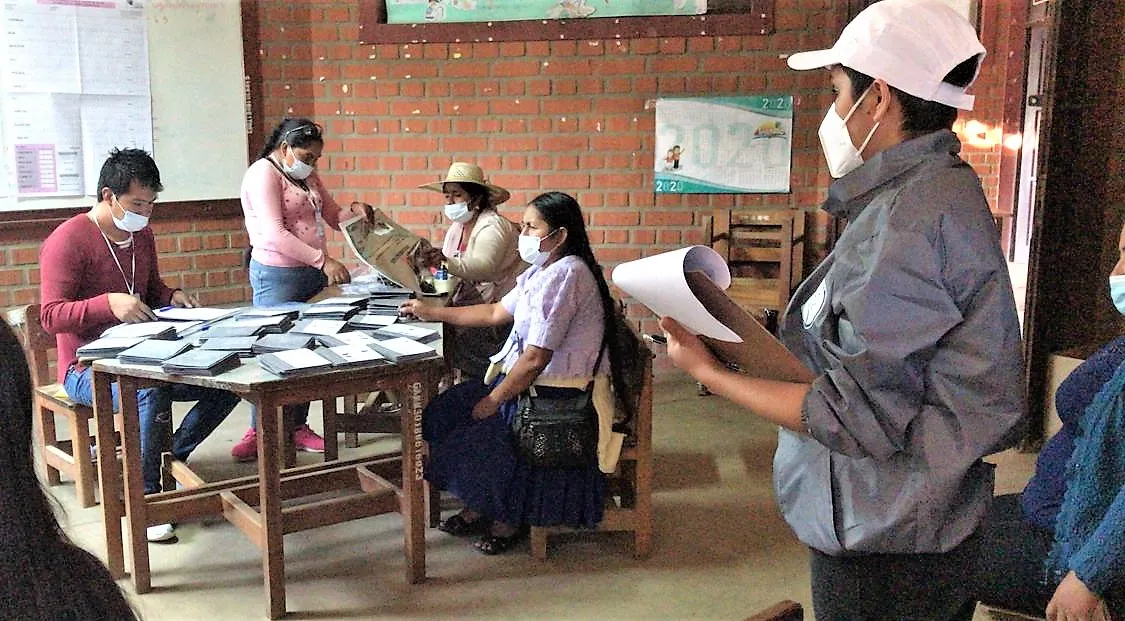
Bolivia marked a new milestone in the building of its democracy. On Sunday, 18 October, the 2020 general election’s polling day, the commitment and active participation of 16 civil society organizations that make up Observa Bolivia—a citizens’ initiative aimed at monitoring the election—became evident.
Este artículo está disponible en español..
Through the mobilization of 2,032 young volunteers, this initiative carried out polling day citizen observation in the country’s nine autonomous regions in both urban and rural areas targeting a representative sample made up of 1,133 polling stations.
This consists of exercising political rights in order to examine the electoral process, enabling progress to be made towards strengthening the participation of an organized civil society and the institutionalization of its oversight mechanism.
Observa Bolivia examined in a qualitative, comprehensive, impartial and independent manner the quality of the electoral process, applying Electoral Observation guidelines prepared on the basis of 14 indicators and 32 questions.
Indicators deal with the custody, distribution and collection of election material; the opening and operation of polling stations; changes in precincts; attendance of electoral juries; citizen complaints; the participation of delegates from political organizations; privacy, security and guarantees in the places assigned for voting; the participation of women in the electoral process; the closure of polling stations and vote count, among other related activities.
Furthermore, Observa Bolivia’s work was carried out in the midst of the COVID-19 health crisis, which meant not only addressing this issue in terms of the logistics needed to mobilize observers, but also as a qualitative measurement indicator.
During polling day, all information collected by local observers were registered and retransmitted to a database either by means of a cell phone application or a call center.
The systematization and analysis of the information collected was included in a preliminary polling day observation report, which was submitted to the Supreme Electoral Tribunal (TSE) the day after the election, in accordance with current regulations.
During the presentation of the report, Dr Salvador Romero, Chair of the TSE, highlighted the significance of deploying observation teams, made up of Bolivian citizens and noted: "a twofold benefit, in that on the one hand there is an electoral oversight mechanism and on the other, an active exercise of political rights and citizens’ rights,” adding that: "I think this is certainly one of the gains brought about by this process".
Furthermore, Dr Romero assured that the Plurinational Electoral Body (OEP) will consider the conclusions and recommendations of Observa Bolivia’s report, "so that future electoral processes can, as far as possible, make use of all its valuable suggestions".
The objective of Observa Bolivia is now to present in the upcoming days a final report, which in a more comprehensive manner and with the analysis of the information collected, contains conclusions and recommendations of the entire electoral cycle ranging from the call to hold elections to the announcement of final results.
The Observa Bolivia initiative, which has the financial support of the European Union (EU), the Spanish Agency for International Development Cooperation (AECID) and technical support of International IDEA, now faces the challenge of becoming a permanent observation mission with a view to participating in the upcoming subnational elections and other electoral processes on a continuous and sustained basis.
